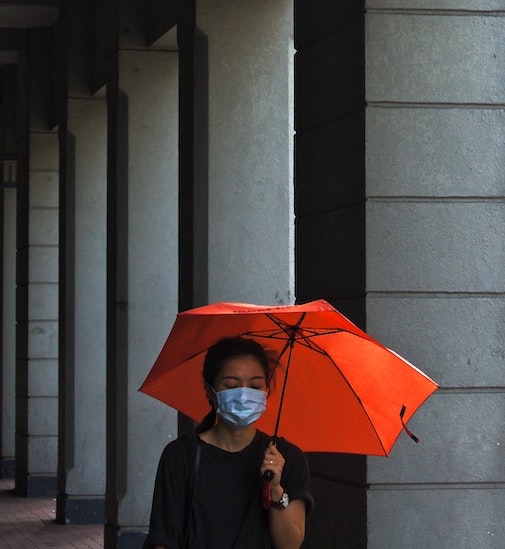Myth busters on COVID-19
Find out what is true and what is false.
 There is a lot of false information around on the coronavirus. Here are the facts from the World Health Organization (WHO)
There is a lot of false information around on the coronavirus. Here are the facts from the World Health Organization (WHO)
- People of all ages can be infected by the coronavirus. Older people, and people with pre-existing medical conditions (such as asthma, diabetes, heart disease) appear to be more vulnerable to becoming severely ill with the virus.
- The coronavirus can be transmitted in areas with hot and humid climates.
- Cold weather and snow cannot kill the coronavirus or other diseases.
- Taking a hot bath will not prevent you from catching the coronavirus. Actually, taking a hot bath with extremely hot water can be harmful, as it can burn you.
- The coronavirus cannot be transmitted through mosquito bites. The coronavirus is a respiratory virus which spreads primarily through droplets generated when an infected person coughs or sneezes, or through droplets of saliva or discharge from the nose.
- Hand dryers are not effective in killing the coronavirus.
- Ultraviolet (UV) disinfection lamps should not be used for sterilisation of the hands or other areas of the skin as UV radiation can cause skin irritation.
- Thermal scanners can detect if people have a fever but cannot detect whether or not someone who is infected with the coronavirus but not yet sick with fever. This is because it takes between two and 10 days before people who are infected become sick and develop a fever.
- Spraying alcohol or chlorine all over your body will not kill viruses that have already entered your body. Spraying such substances can be harmful to clothes or mucous membranes (i.e. eyes and mouth).
- Vaccines against pneumonia, such as pneumococcal vaccine and Haemophilus influenza type B (Hib) vaccine, do not provide protection against the coronavirus. The virus is so new and different that it needs its own vaccine.
- There is no evidence that regularly rinsing the nose with saline has protected people from infection with the coronavirus. There is some limited evidence that regularly rinsing nose with saline can help people recover more quickly from the common cold. However, regularly rinsing the nose has not been shown to prevent respiratory infections.
- Garlic is a healthy food that may have some antimicrobial properties. However, there is no evidence from the current outbreak that eating garlic has protected people from the coronavirus.
- Antibiotics do not work against viruses, antibiotics only work against bacteria. The coronavirus is a virus and therefore, antibiotics should not be used as a means of prevention or treatment. However, if you are hospitalised for COVID-19, you may receive antibiotics because bacterial co-infection is possible.
- To date, there is no specific medicine recommended to prevent or treat the coronavirus.
(** PHOTO CREDIT: Unsplash/Tam Wai)

0 Comments